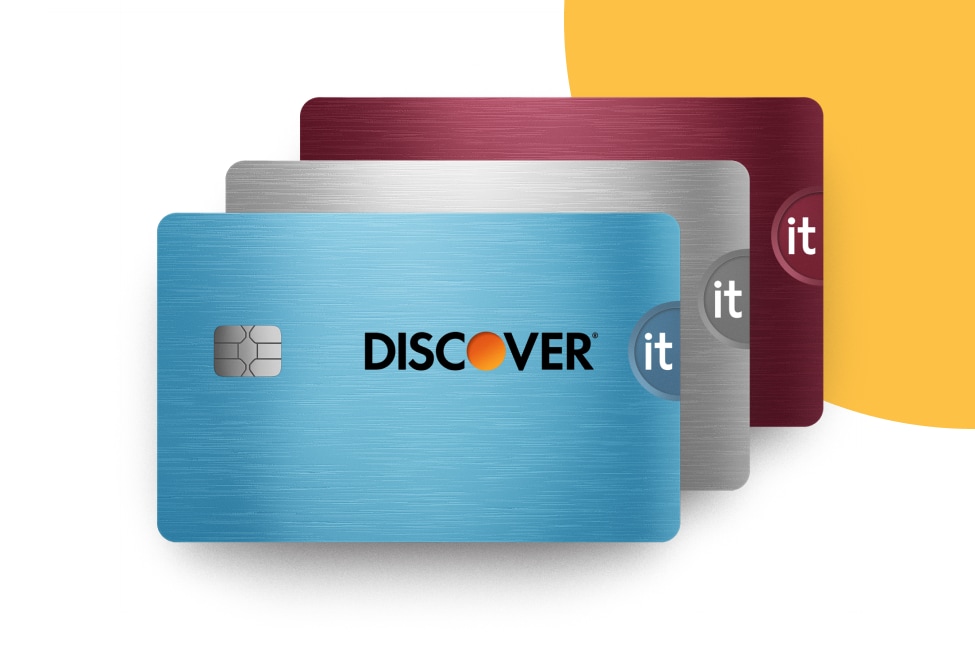
Cash back credit cards let you earn cash back rewards on your purchases. However, rewards cards can work a little differently depending on the type of card and the credit card company’s rewards program.
Credit card rewards
How do Cash Back Credit Cards Work? contents
Next steps
See rates, rewards and other info
You may also be interested in
Was this article helpful?
Was this article helpful?

